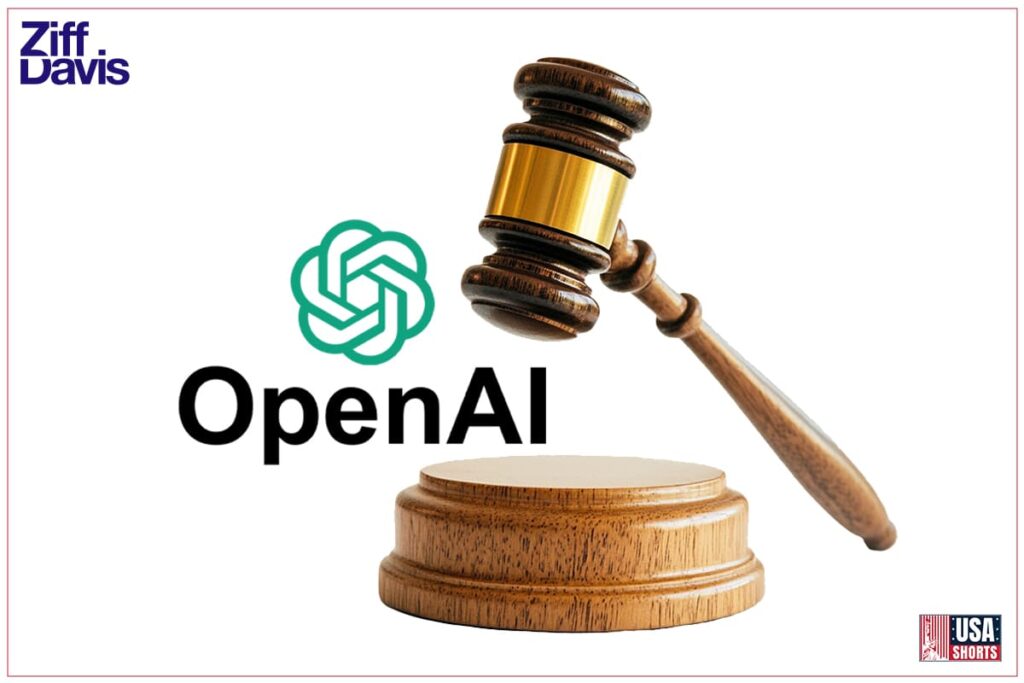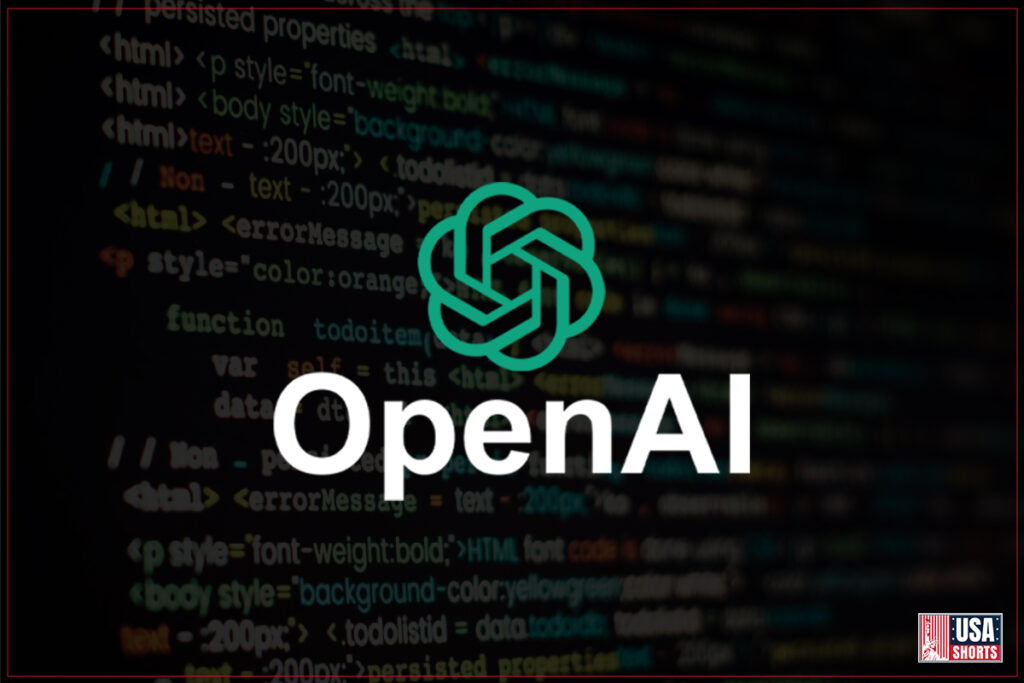A Media Giant Takes on AI
On April 24, 2025, Ziff Davis Sues OpenAI 2025: AI Training Data Battle, a digital media powerhouse behind IGN, CNET, PCMag, Mashable, and Lifehacker, filed a landmark lawsuit against OpenAI in Delaware federal court. The suit alleges that OpenAI used Ziff Davis’s copyrighted content to train ChatGPT without permission, ignoring robots.txt files and stripping copyright information. Seeking hundreds of millions in damages, Ziff Davis aims to halt OpenAI’s practices and destroy related datasets. This case, part of a growing wave of AI copyright disputes, could redefine how AI companies source training data, impacting tools like Copilot Studio 2025 and Netflix OpenAI-Powered Search 2025.
Table of Contents
A Media Giant Takes on AI
Lawsuit Details
Ziff Davis and OpenAI: The Players
The Bigger Picture: AI Copyright Battles
A Content Creator’s Perspective
Potential Outcomes and Industry Impact
Pro Tips for Content Creators
Frequently Asked Questions
Conclusion: Shaping AI’s Future

Lawsuit Details
Filing and Jurisdiction
Ziff Davis filed the 62-page complaint on April 24, 2025, in Delaware federal court, a hub for corporate litigation, per Reuters.
Parties Involved
- Plaintiffs: Ziff Davis, Inc., Ziff Davis, LLC, IGN Entertainment, Inc., and Everyday Health Media, LLC.
- Defendants: OpenAI, Inc., and OpenAI GP, LLC.
Allegations
Ziff Davis claims OpenAI:
- Used its content without authorization to train ChatGPT, violating copyright laws.
- Ignored robots.txt files prohibiting web scraping, per The New York Times.
- Removed copyright management information from articles.
- Continued using content despite Ziff Davis’s requests to stop in May and August 2024, per PCMag.
Ziff Davis seeks damages up to $150,000 per copyrighted work and demands OpenAI cease using its content and destroy related datasets, per Courthouse News Service.

Ziff Davis and OpenAI: The Players
Ziff Davis: A Media Powerhouse
Ziff Davis operates over 45 media brands, attracting 292 million monthly visitors. Its portfolio includes IGN, CNET, PCMag, Mashable, and Lifehacker, with 3,800 employees driving its influence in tech and entertainment media, per VentureBeat.
OpenAI: AI Innovator
Valued at $300 billion, OpenAI, backed by Microsoft, develops ChatGPT and other AI models. It defends its use of “publicly available data” as fair use, a claim contested by Ziff Davis and others, per The Hindu.
The Bigger Picture: AI Copyright Battles
Ziff Davis’s lawsuit is part of a broader wave of AI copyright disputes in 2025. Media companies like The New York Times and The Intercept have filed similar suits against OpenAI, alleging unauthorized use of content, per Reuters. Conversely, publishers like Vox Media and The Washington Post have secured licensing deals with OpenAI, per AV Club. The U.S. Copyright Office’s 2025 report clarifies that AI-generated works require human authorship for copyright protection, but training data issues remain unresolved, per U.S. Copyright Office. X posts (@Techmeme) highlight the divide between litigation and collaboration, reflecting the complex landscape of AI and intellectual property.
A Content Creator’s Perspective
Lila, a UK-based tech blogger, noticed her articles appearing in ChatGPT outputs without attribution, impacting her site’s traffic by 15%, she shared on X, earning 200 retweets. The Ziff Davis lawsuit resonates with her concerns about AI undermining creators’ rights. She now uses robots.txt to block scraping, a strategy echoed in Learn AI for Beginners 2025, per Digital Music News.
Potential Outcomes and Industry Impact
If Ziff Davis Wins
A victory could:
- Force OpenAI to pay damages and license content, per The Verge.
- Set a precedent requiring AI firms to secure permissions, impacting tools like Google’s AI Las Vegas Sphere 2025.
If OpenAI Wins
- Validates fair use for AI training, potentially weakening copyright protections.
- Encourages continued data scraping, affecting creators’ control over their work.
Industry Implications
The ruling could influence AI services like Microsoft AI Security Agents 2025 and Best Free AI Study Apps 2025, which rely on large datasets. It may also prompt stricter regulations or licensing models, per eWEEK.
Pro Tips for Content Creators
- Use Robots.txt: Block AI scraping with clear directives, per Digital Music News.
- Monitor Content: Check for unauthorized use in AI outputs, per The Verge.
- Explore Licensing: Negotiate deals with AI firms for fair compensation.
- Stay Informed: Follow AI copyright developments via U.S. Copyright Office.
- Engage on X: Share concerns with #AICopyright to build community support.
- Learn AI Ethics: Understand implications via AI Surpasses Human Knowledge 2025.
FAQs
Ziff Davis claims OpenAI used its content without permission to train ChatGPT, violating copyright laws.
Hundreds of millions, potentially $150,000 per work.
OpenAI argues it is, but Ziff Davis disputes this.
A Ziff Davis win could require licensing, impacting tools.
Use robots.txt, monitor AI outputs, and explore licensing.
Conclusion: Shaping AI’s Future
The Ziff Davis vs. OpenAI lawsuit, filed in April 2025, is a pivotal moment for AI and copyright law. Its outcome could force AI companies to rethink data sourcing, balancing innovation with creators’ rights. Explore related topics on usashorts.com, like Perplexity AI Voice Assistant iOS 2025 or NVIDIA GPU Driver Issues 2025.







